
Celebrate the vibrant festival of Pongal, a joyful Tamil harvest festival that marks prosperity and togetherness. Traditionally observed over four days, Pongal brings families and communities together to give thanks for the harvest, offering prayers to the Sun God and sharing a variety of delicious dishes like the iconic sweet dish, Pongal. This festive period is filled with music, dance, and cultural celebrations, showcasing the rich traditions and unity that define Tamil Nadu's vibrant heritage. Join the celebrations and immerse yourself in the colorful customs and joyous spirit of Pongal!
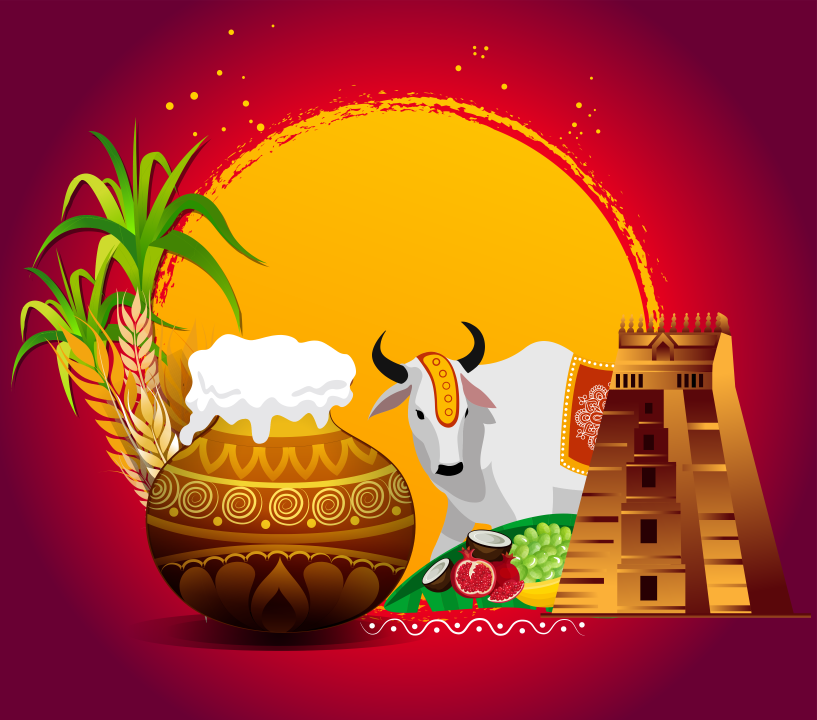
Pongal, a vibrant and joyous festival, is celebrated with great enthusiasm in the Indian state of Tamil Nadu and other regions in South India. It marks the beginning of the Tamil month of Thai and signifies the harvest season. Rooted in agricultural traditions, Pongal is a festival that brings people together to celebrate abundance, prosperity, and gratitude for a bountiful harvest.
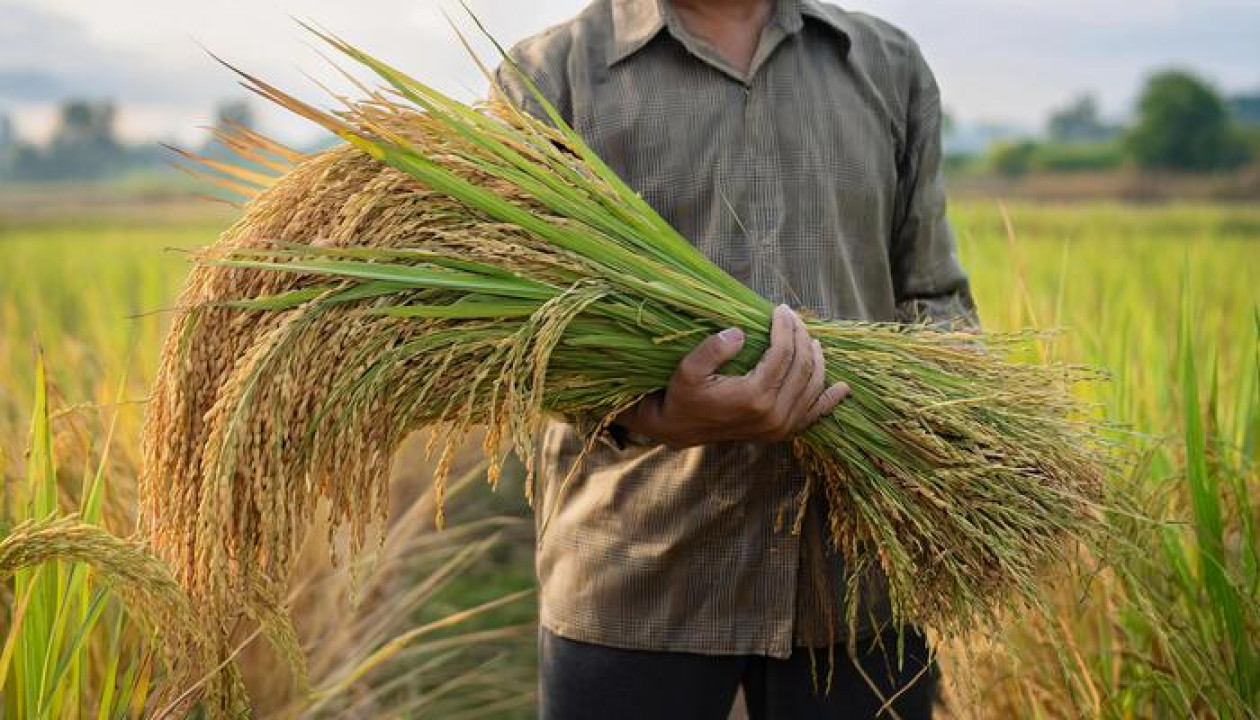
Pongal has deep agricultural and cultural roots. The word "Pongal" translates to "boiling over," symbolizing prosperity and plenty. The festival is dedicated to the Sun God, Surya, and expresses thanks to nature for the abundant harvest. It is a time when farmers thank the Earth, their livestock, and their tools for their hard work and contributions to a successful farming season.
Traditional Rituals and Offerings
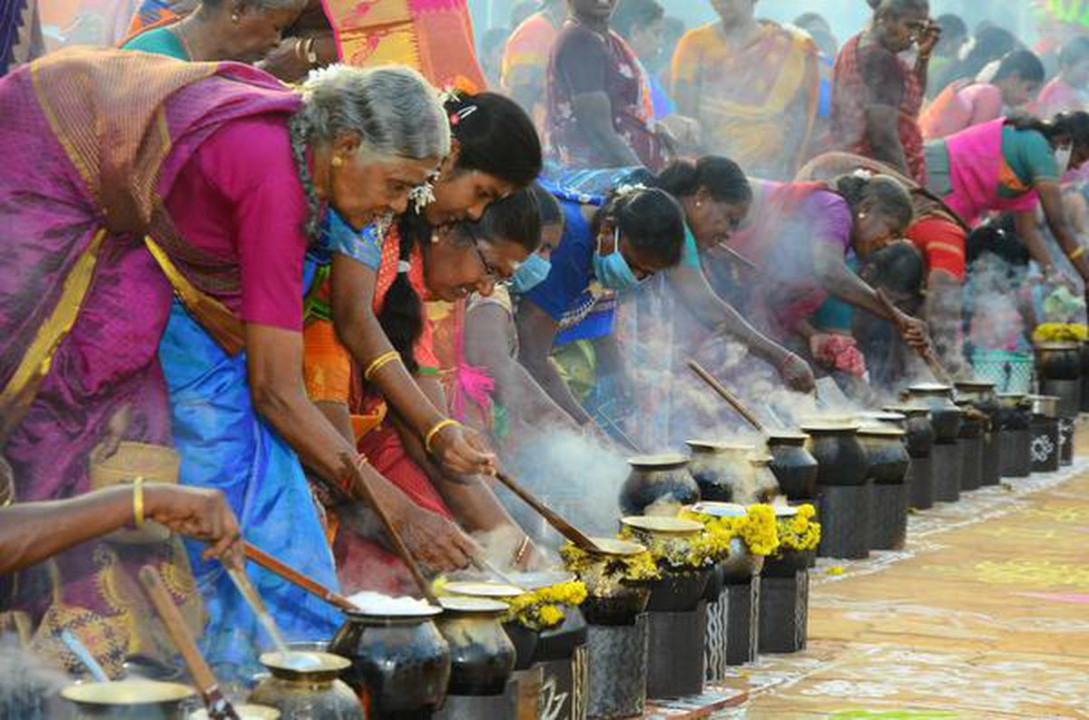
Pongal celebrations typically begin with a traditional ritual called Bhogi Pongal, where old belongings and waste are discarded, symbolizing a fresh start. On the day of Surya Pongal, a new batch of rice mixed with milk, jaggery, and cardamom is cooked, symbolizing prosperity and abundance.
Decorations and Kolam
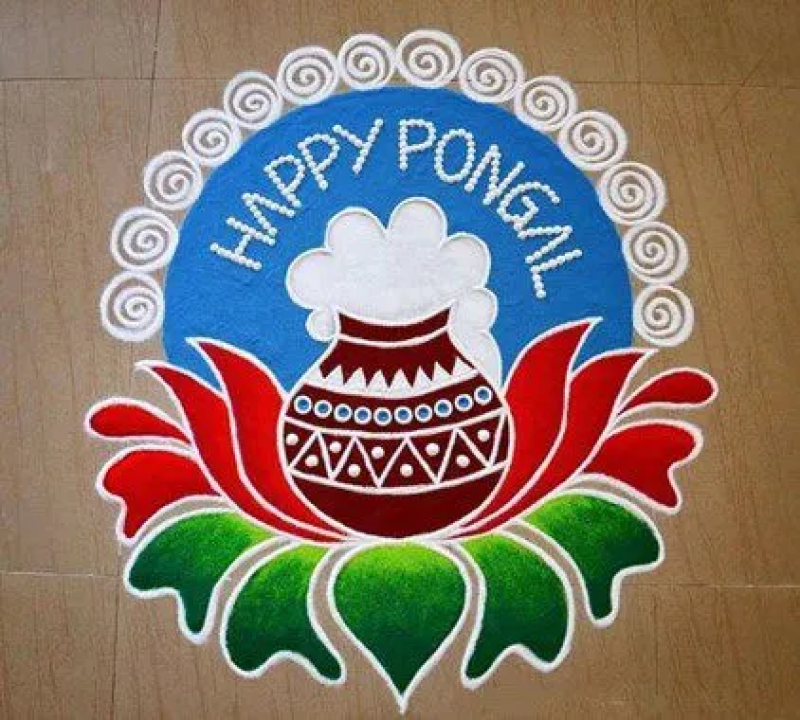
Homes are adorned with beautiful Kolams (intricate rice flour designs) to welcome good fortune. Houses are also decorated with mango leaves and turmeric plants to ensure a positive atmosphere.
Feasts and Sweets
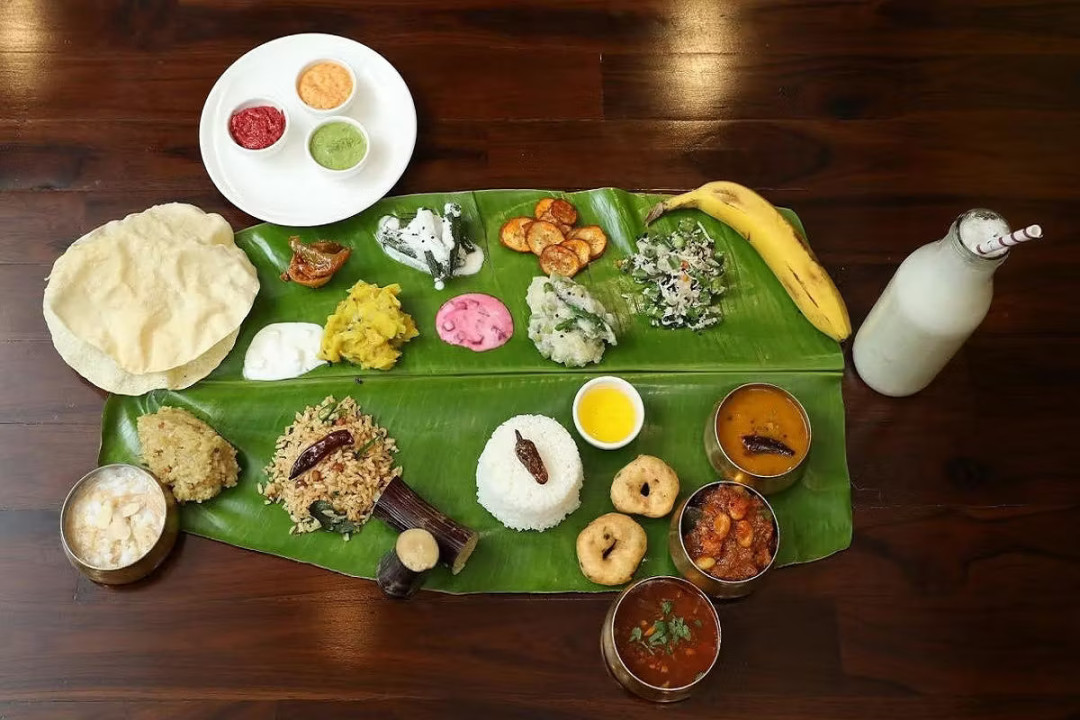
One of the highlights of Pongal is the festive feast, where a variety of sweets and savory dishes are prepared. Pongal, Sakkarai Pongal, Vadai, Sambar, and Rasam are some traditional dishes enjoyed during the celebrations.
Cultural Events and Games
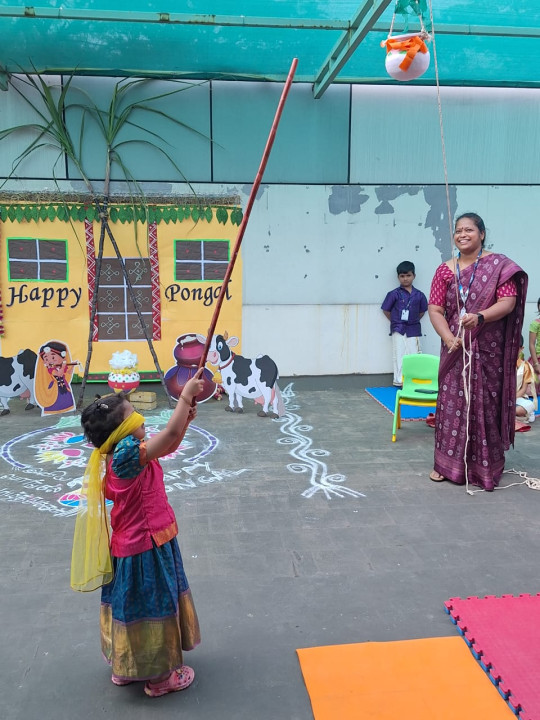
Pongal celebrations include traditional dances, music, and games like bullock cart races and tug-of-war competitions. These activities bring communities together in a spirit of camaraderie and celebration.
Thanksgiving to Livestock
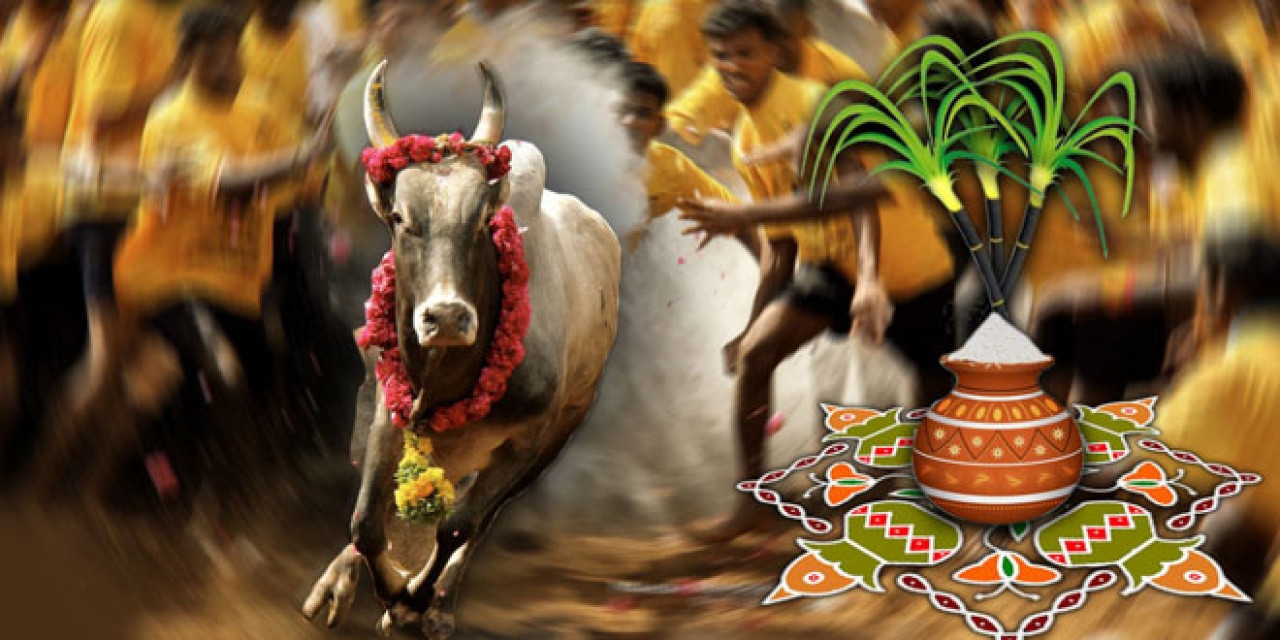
Special attention is given to cattle during Pongal, as they play a vital role in farming. They are bathed, decorated with garlands, and worshipped with reverence.
Social Bonding and Community Spirit
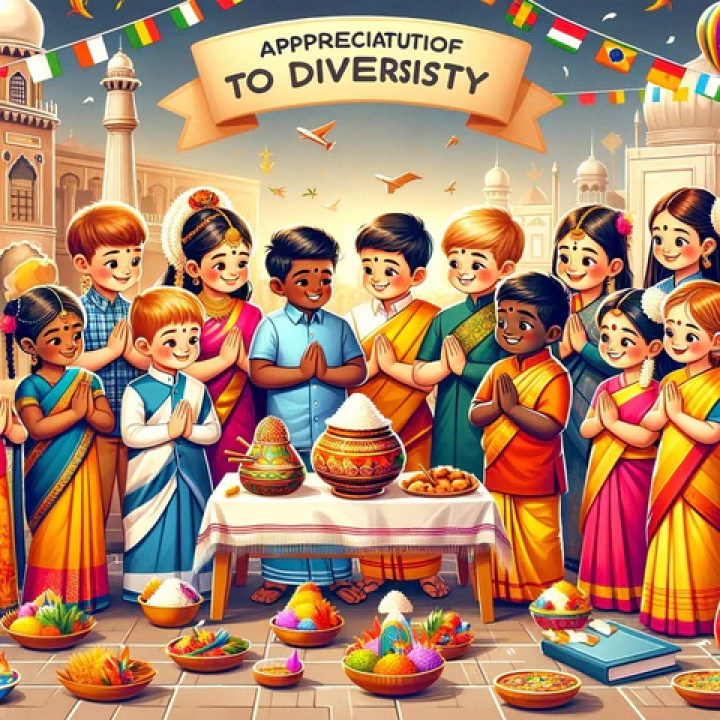
Pongal fosters a deep sense of community and unity. Neighbors come together to celebrate, sharing food, stories, and laughter. It’s a time for creating lasting memories with loved ones.
Pongal Fair and Market
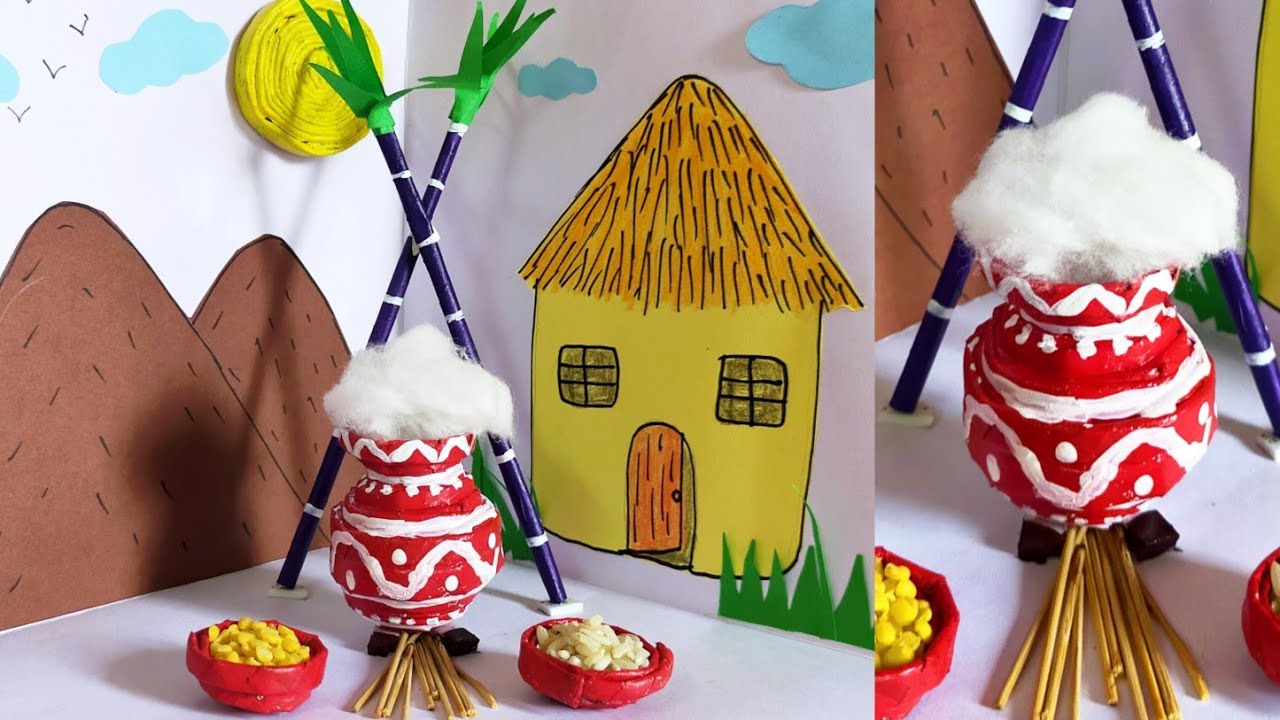
In rural and urban areas alike, Pongal fairs and markets are organized where local crafts, traditional attire, and agricultural produce are showcased. These fairs offer a glimpse into the rich cultural heritage of Tamil Nadu.
Environmental Awareness
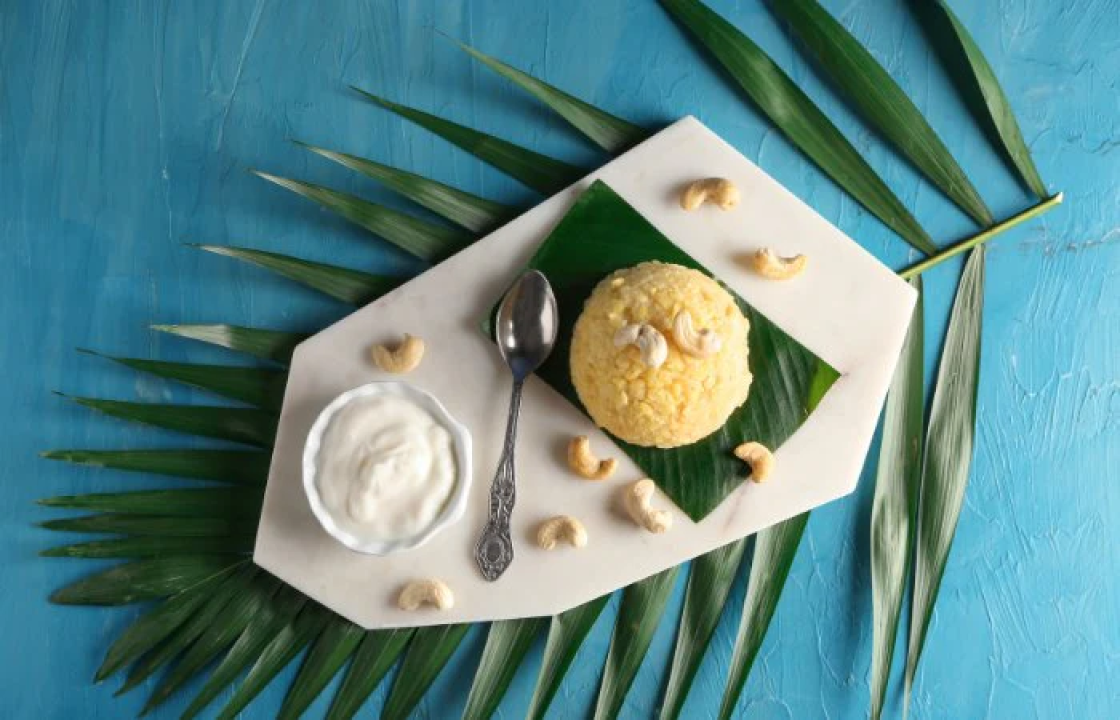
Alongside the festivities, there is also a focus on sustainability and environmental conservation. Many communities participate in tree-planting drives and campaigns to promote eco-friendly practices during Pongal celebrations.
Pongal in Urban Settings
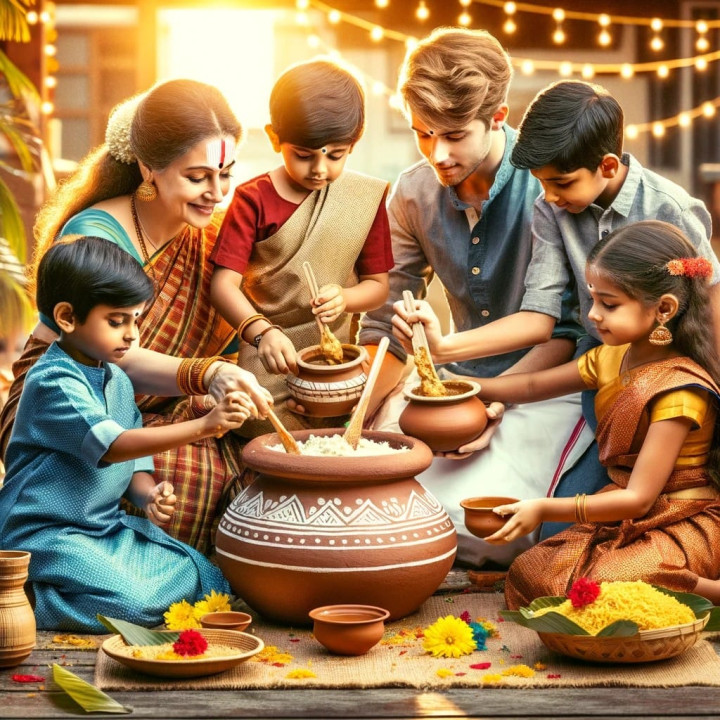
In metropolitan areas, Pongal is celebrated with a modern twist. Cultural programs, music performances, and art exhibitions highlight the traditional essence while incorporating contemporary elements.
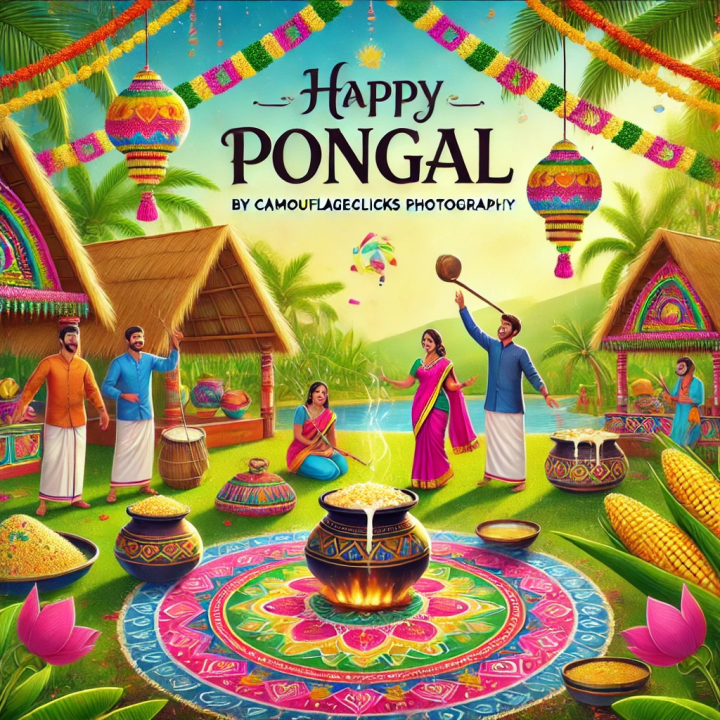
Pongal is a celebration of unity, prosperity, and the spirit of gratitude. It brings together families, communities, and regions to honor the hard work of farmers and to pray for a bountiful year ahead. Whether celebrated in rural villages or urban settings, the joy and warmth of Pongal foster a sense of togetherness and cultural pride. From CamouglageClicks, we wish you a Happy Pongal—filled with abundance, joy, and cherished moments with your loved ones!